Resources and Partners

Our resources and partners page coonsists of our library of resources including our news archive and a list of literature that guides our work. We also list our partners on campus, in the community, and from Virginia Cooperative Extension. Our team has also compiled curricular resources for those interested in what's happening with food systems education on the Virginia Tech campus. Lastly, we provide a list of academic and professional organizations we participate in.
Our library includes an archive of news articles and publications we have found interesting as well as a trove of the academic literature that guides our work as the Center. The news archive began in April of 2020 and is updated weekly with articles shared to our listserv on Fridays in our weekly digest 'Five Articles Worth Reading.' Click here for information on joining our listserv. Our literature library is more static and is comprised of books and articles we find ourselves citing with some regularity. Finally, the Food System and COVID-19 archives resources that emerged during the Pandemic related to food systems. Please reach out to Center Associate Katie Trozzo (ketrozzo@vt.edu) to contribute an article or suggest a book for consideration.
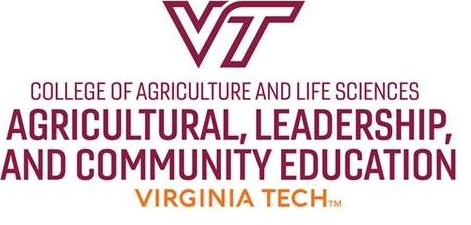
The Department of Agricultural, Leadership, and Community Education is dedicated to advancing the institutional priorities related to community viability by engaging in critical and evaluative social science processes and teaching that address local and global challenges.

The Virginia Tech Equity and Social Disparity for the Human Condition team focuses on equity in the human condition, maximizing, wherever possible, the equitable distribution and availability of physical safety and well-being, psychological well-being, and access to crucial material, social, and moral resources.
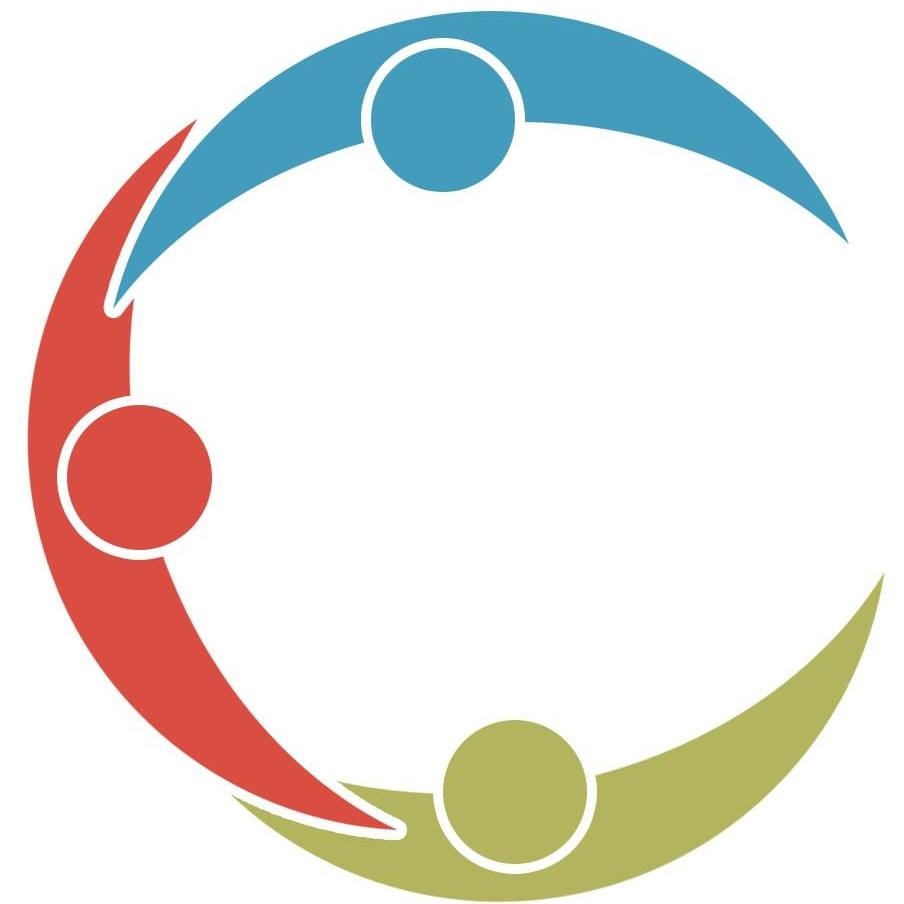
The Community Change Collaborative is an interdisciplinary group of students and faculty hosted by the Institute for Policy and Governance (IPG) on the Virginia Tech campus in Blacksburg.
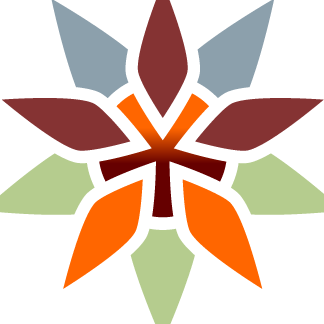
The Center for Public Health Practice and Research (CPHPR) at Virginia Tech partners with an interdisciplinary group of faculty, staff and students at Virginia Tech and community organizations to enhance public health practice and research in the region.
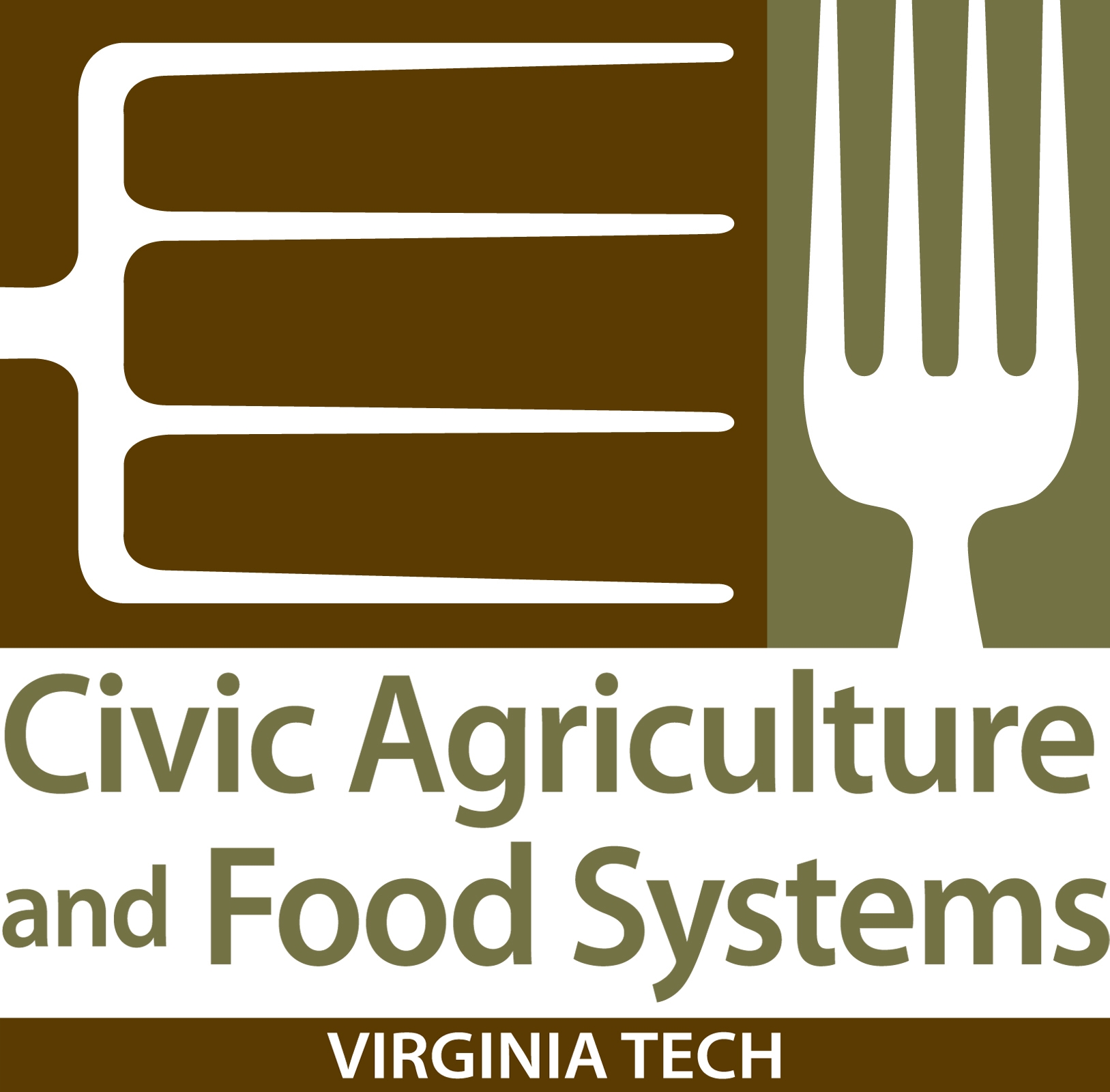
The Virginia Tech Civic Agriculture and Food Systems Pathways minor embodies a commitment to developing and strengthening an economically, environmentally, and socially sustainable agriculture and food systems.
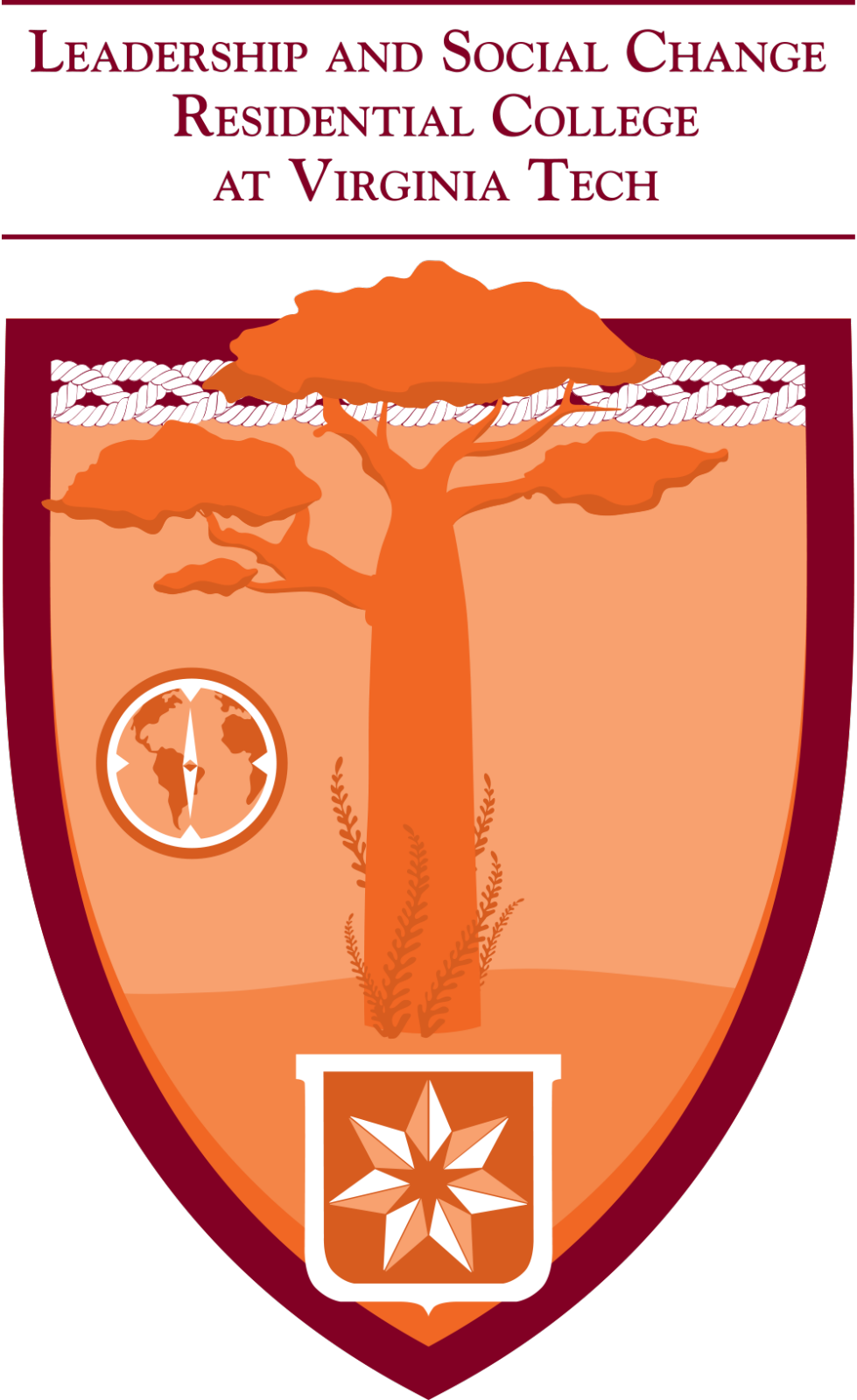
The Leadership and Social Change Residential College (LSCRC) at Virginia Tech aims to offer students a theoretical foundation combined with the practical knowledge and skills necessary to lead in a complex global environment.

Homefield Farm is a partnership between Dining Services and the College of Agriculture and Life Sciences and the only certified organic operation owned by a university in Virginia. The six-acre, student-run farm is located eight miles west of the Blacksburg campus and provides about 50,000 pounds of fresh produce to dining centers and Homefield’s farm stand on campus.
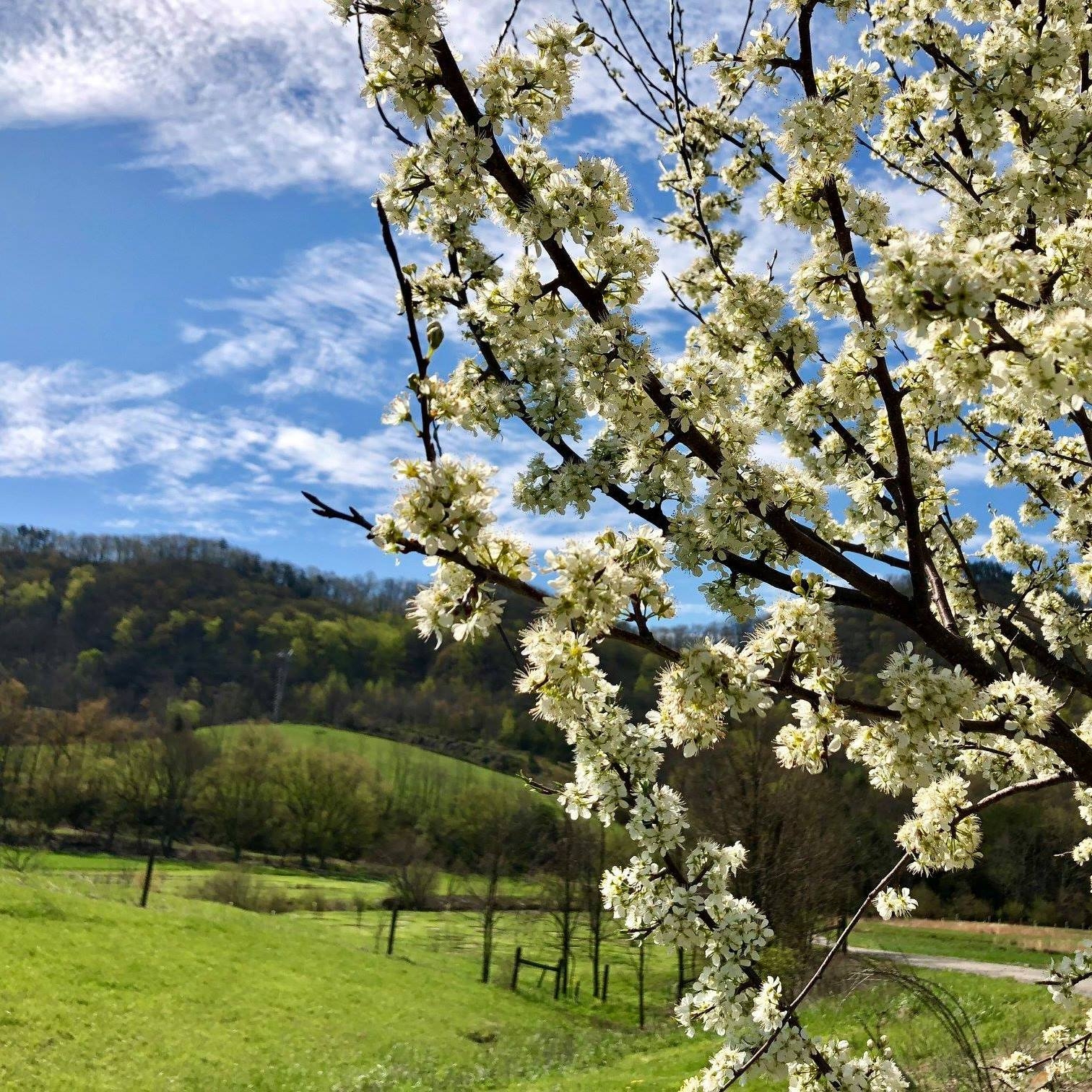
Virginia Tech’s Catawba Sustainability Center is a 377 acre farm property situated in the beautiful Catawba Valley of Virginia and serves as a living laboratory to advance environmental stewardship and community engagement to provide a learning environment for the research, teaching, and demonstration of sustainable practices in agriculture, forestry, and land management.

HARVEST (Helping Agriculture Remain Vital through Engineering Science and Technology) is a Research Coordination Network that brings together scientists from various research disciplines to enhance the productivity and viability of small- and mid-level farms.
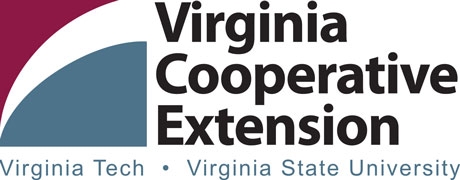
Virginia Cooperative Extension - Community, Local, and Regional Food Systems team was formed by Virginia Cooperative Extension agents and specialists seeking to facilitate innovative and interdisciplinary approaches and collaborations that span the agricultural and food systems landscape in Virginia and beyond.
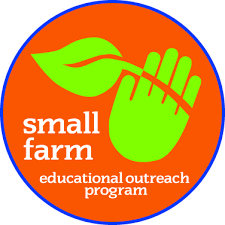
The Small Farm Outreach Program (SFOP), a part of Cooperative Extension at Virginia State University, educates and empowers small, limited-resource, socially disadvantaged and veteran farmers and ranchers.

The Virginia Beginning Farmer & Rancher Coalition (VBFRC) is a state-wide coalition of agricultural organizations and farm businesses. Their long-term goal is to improve opportunities for beginning farmers and ranchers.

AgrAbility (and AgrAbility Virginia) aims to enhance quality of life for farmers, ranchers, and other agricultural workers with disabilities, so that they, their families, and their communities continue to succeed in rural America.
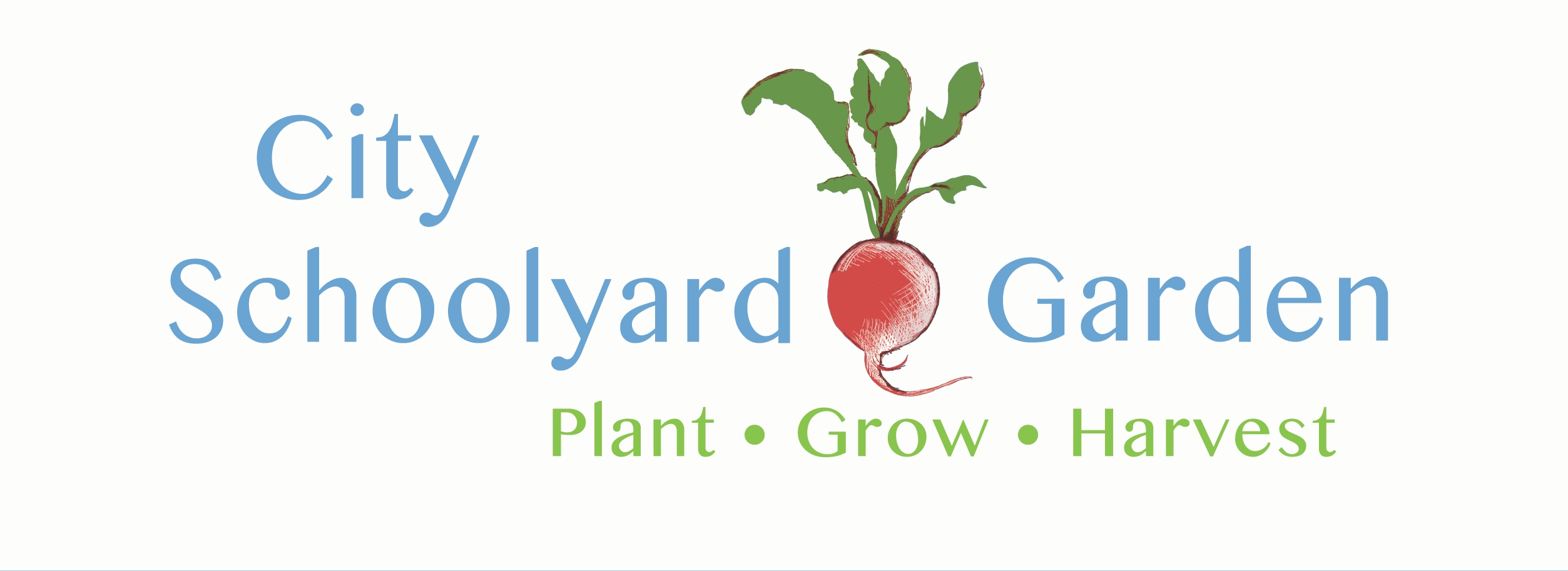
City Schoolyard Garden cultivates health, academic exploration, environmental stewardship, equity and community through garden-based, experiential learning and leadership development for Charlottesville youth.

Cultivate Charlottesville engages with youth and community to build a healthy and just food system. We believe that working together to grow gardens, share food and power, and advocate for just systems – cultivates a healthy community for all. Food is a human right and we aim to create food equity – personally, in community, and across systems and structures. Together we are growing, sharing, and advocating for food equity.
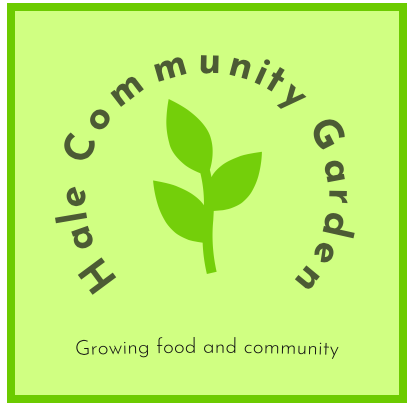
The Hale Community Garden is a five-acre site in Blacksburg, VA that includes 70 community garden plots, a solar greenhouse, beehives, food forest project, small apple orchard, asparagus patch, herb garden, and flowers.
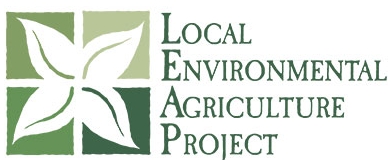
LEAP, The Local Environmental Agriculture Project, is a Roanoke-based 501(c)3 non-profit organization. Their mission is to nurture healthy communities and resilient local food systems. They do this by connecting local farmers, food producers, culinary entrepreneurs and community members to create a relished experience by all.
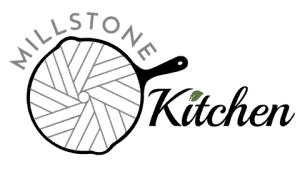
The Millstone Kitchen is a commercial kitchen facility in the newly renovated Old School at Prices Fork. Their name honors the history of millstone manufacturing in the Prices Fork community. Their mission is to empower and support food entrepreneurs in launching their dream businesses.
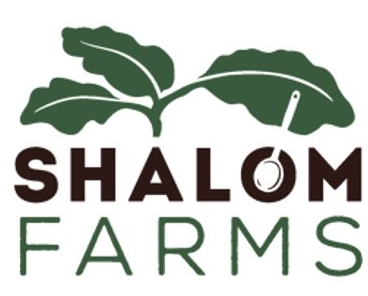
Shalom Farms is a regional food access and community development project started in 2008 by United Methodist Urban Ministries of Richmond (UMUMR).
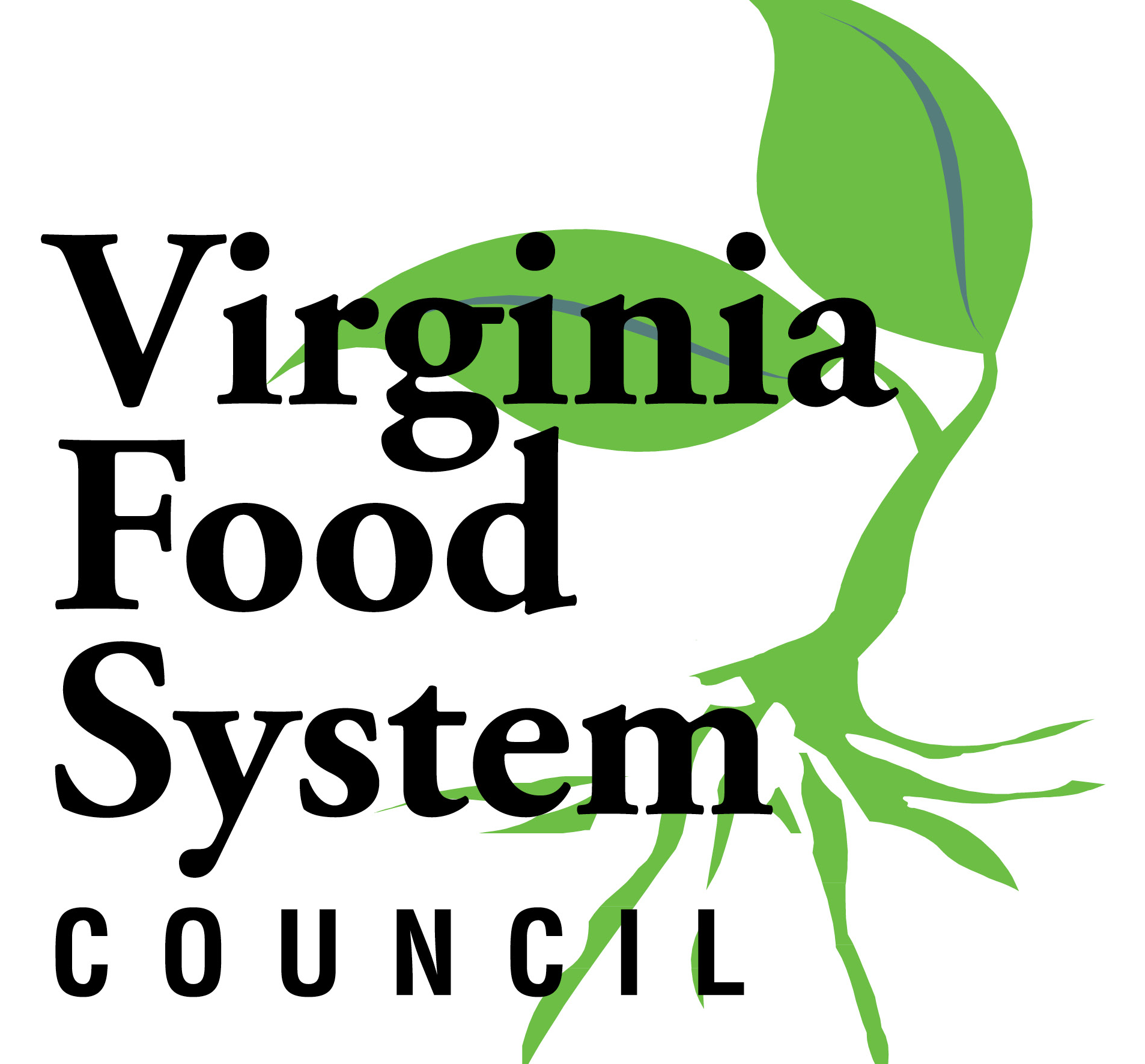
The mission of the Virginia Food System Council is to advance a nutrient-rich, safe, and environmentally sustainable food system for Virginians at all income levels, with an emphasis on access to local food, successful linkages between food producers and consumers, and a healthy, viable future for Virginia’s farmers and farmland.
We invite you to check out our new resource where we share about food systems curriculum offerings at Virginia Tech. We have compiled a compendium of food system courses, share about food systems minors, and spotlight students and professors involved in food systems minors and courses at Virginia Tech.
The Agriculture, Food, & Human Values Society (AFHVS) is a prominent professional organization which provides an international forum to engage in the cross-disciplinary study of food, agriculture, and health, as well as an opportunity for examining the values that underlie various visions of food and agricultural systems. From a base of philosophers, sociologists, and anthropologists, AFHVS has grown to include scientists, scholars, and practitioners in areas ranging from agricultural production and social science to nutrition policy and the humanities. AFHVS encourages participation by the growing community of researchers and professionals exploring alternative visions of the food system from numerous perspectives and approaches, including local and regional food systems; alternative food movements; agricultural and food policies, agricultural sustainability, food justice, issues of local and global food security, and food sovereignty.
The American Association of Geographers (AAG) is a nonprofit scientific and educational society founded in 1904. For more than 100 years the AAG has contributed to the advancement of geography. Its members from nearly 100 countries share interests in the theory, methods, and practice of geography, which they cultivate through the AAG's Annual Meeting, scholarly journals (Annals of the American Association of Geographers, The Professional Geographer, the AAG Review of Books and GeoHumanities), and the online AAG Newsletter.
The ASFS was founded in 1985, with the goal of promoting the interdisciplinary study of food and society. It has continued that mission by holding annual meetings; the first was in 1987 and since 1992, the meetings have been held jointly with the organization: Agriculture, Food & Human Values."
The Dimensions of Political Ecology Conference—or DOPE—is organized and hosted by the Political Ecology Working Group (PEWG). PEWG is an interdisciplinary group of graduate students at the University of Kentucky. Since its inception in 2010, this student-organized conference has become one of the largest, most highly regarded international forums for critical discussions at the intersection of ecology, political economy, and science studies. DOPE 2018 welcomed to Lexington more than 300 scholars, environmental professionals, and activists from over 100 institutions. The DOPE Conference has offered a platform for both established and emerging scholars, featuring invited speakers such as Paul Robbins, Sandra Harding, Rebecca Lave, Erik Swyngedouw, Vandana Shiva, Julie Guthman, Laura Pulido, and Kim TallBear.
The Sustainable Agriculture Education Association (SAEA) promotes and supports the development, application, research, and exchange of best teaching and learning practices in sustainable agriculture education and curricula through communication, training, development, and collaborative activities for teachers and learners.
The SAEA exists to serve and connect educators, teachers, students, staff, and administrators who focus on the teaching and learning of sustainable agriculture at the adult level.


